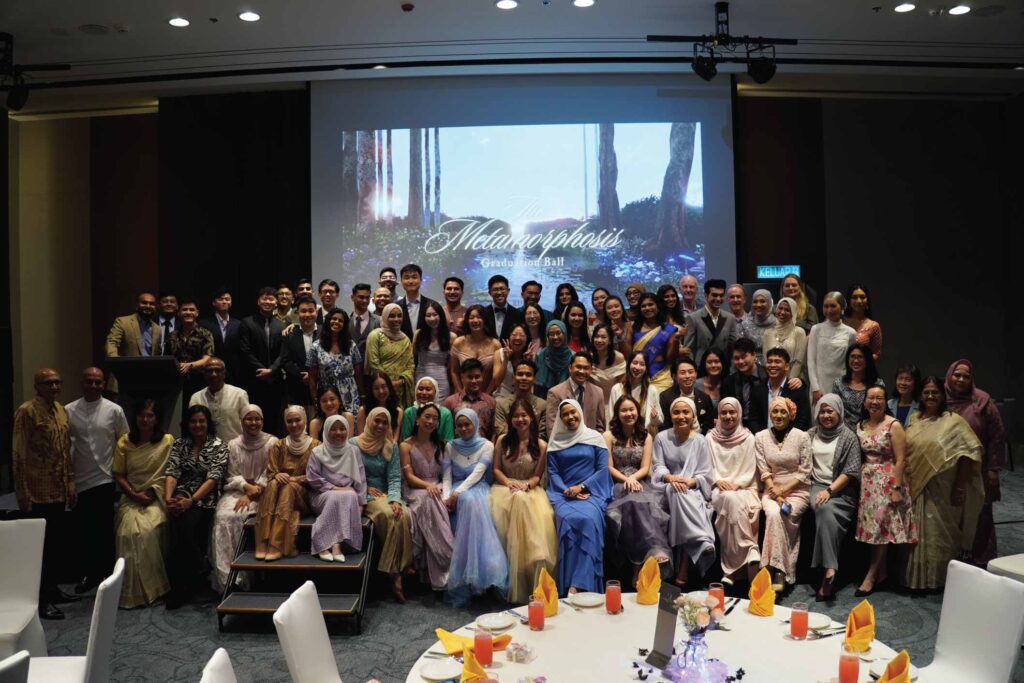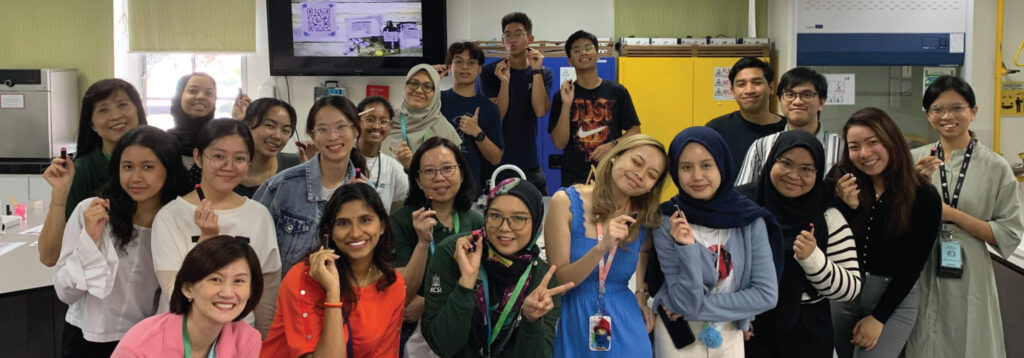The realm of science is dynamic, constantly evolving with discoveries and innovations. Aspiring scientists embark on their educational journey through Foundation in Science programmes in Malaysia, a crucial stepping stone towards specialised fields. While theoretical knowledge lays the groundwork, practical learning is the linchpin that transforms foundational understanding into tangible skills. This article explores the importance of practical learning in Foundation in Science, highlighting its role in shaping competent and adept future doctors.
1. Bridging the Gap Between Theory and Application
Foundation in Science programmes provide students with a comprehensive understanding of fundamental scientific principles. However, theoretical knowledge alone may fall short in preparing students for the challenges of real-world scientific endeavours. Practical learning serves as the bridge between theoretical concepts and their real-world applications, fostering a deeper and more nuanced comprehension of scientific principles.
Hands-on experiments and laboratory sessions enable students to witness the direct manifestation of theoretical concepts. This not only solidifies their understanding but also cultivates a sense of curiosity and inquiry. Through practical learning, students can explore the intricacies of scientific phenomena, encouraging them to ask questions, make observations, and draw conclusions independently.
2. Developing Critical Thinking and Problem-Solving Skills
Practical learning in Foundation in Science programmes in Malaysia is a cornerstone for nurturing critical thinking and problem-solving skills. Scientific research is a dynamic process that often requires students to confront unforeseen challenges. Engaging in experiments and projects equips students with the ability to analyse data, troubleshoot issues, and devise innovative solutions.
When students grapple with real-world problems in a controlled environment, they learn to approach challenges systematically. This not only enhances their problem-solving skills but also instils resilience and adaptability – crucial traits for future scientists. Practical learning scenarios encourage students to think critically, evaluate evidence, and make informed decisions, preparing them for the dynamic landscape of scientific research.
3. Fostering Teamwork and Collaboration
In the scientific community, collaboration is key to achieving breakthroughs and advancing knowledge. Practical learning experiences in Foundation in Science programmes in Malaysia often involve group projects and collaborative experiments. These activities simulate the teamwork and cooperation required in professional scientific settings.
Working in teams exposes students to diverse perspectives and ideas, honing their interpersonal skills. Communication, delegation, and the ability to work harmoniously with peers become invaluable assets. These soft skills are as essential as technical proficiency in the scientific field, and practical learning provides an ideal platform for students to cultivate them.

4. Enhancing Laboratory Techniques and Safety Awareness
Laboratories are the laboratories of scientific exploration, where students not only apply theoretical knowledge but also acquire essential laboratory techniques. Practical learning in Foundation in Science programmes ensures that students become adept at using scientific instruments, conducting experiments, and interpreting results accurately.
Furthermore, practical sessions emphasise the importance of laboratory safety protocols. Students learn to handle chemicals, equipment, and biological materials responsibly. This instils a culture of safety consciousness that will be crucial when they pursue advanced studies or enter the workforce.
5. Igniting Passion and Interest
While textbooks and lectures lay the groundwork, practical learning has the unique ability to ignite passion and interest in the minds of students. Engaging with experiments and real-world applications brings science to life, making it more than just a subject to be studied.
Practical learning allows students to see the relevance and impact of science in the world around them. Witnessing the tangible outcomes of their experiments can be a transformative experience, inspiring a genuine love for the subject. This passion can become a driving force, motivating students to delve deeper into scientific exploration and research.
6. Aligning with Industry Expectations
Foundation in Science programmes serve as a precursor to more specialised scientific studies or entry into the workforce. Practical learning experiences ensure that students are well-aligned with the expectations of the scientific industry. Employers increasingly value candidates with hands-on experience, and practical learning during the foundational years prepares students for the demands of the professional realm.
Having practical skills not only makes graduates more marketable but also accelerates their adaptation to the workplace. They enter the job market with a practical skill set that allows them to contribute meaningfully from day one. This alignment with industry expectations enhances the employability of Foundation in Science graduates.

Begin Your Career in Medicine with RUMC’s Foundation in Science Programmen in Malaysia
In the journey from theory to practice, Foundation in Science programmes in Malaysia play a pivotal role in shaping the scientists of tomorrow. Practical learning experiences provide students with the tools they need to navigate the complexities of scientific research and innovation. From bridging the gap between theory and application to fostering critical thinking, collaboration, and safety awareness, practical learning is an indispensable component of a well-rounded scientific education.
As educators and institutions continue to refine science education curricula, a concerted focus on practical learning will be instrumental in producing graduates who are not only well-versed in theory but also equipped with the skills and mindset needed to make meaningful contributions to the scientific community. In essence, the importance of practical learning in Foundation in Science programmes extends far beyond the classroom, laying the groundwork for a generation of scientists poised to tackle the challenges of the future. At RUMC, our Foundation in Science programme is tailored to students who aspire to become future doctors and progress into RUMC’s Undergraduate Medicine programme. Connect with our academic counsellors today!












